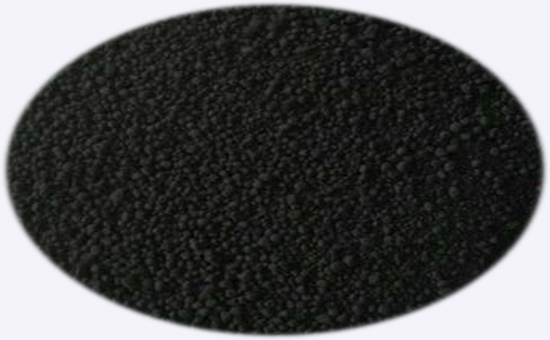
According to the reinforcing effect, rubber fillers can be divided into reinforcing rubber fillers such as carbon black and white carbon black and non-reinforcing rubber fillers such as calcium carbonate and talc. In actual production, the particle size, surface properties and shape of rubber fillers will affect the production process of reclaimed rubber products, especially mixing, calendering and vulcanization. Today, I will discuss with you how the rubber filler affects the mixing process of reclaimed rubber products.
1. The nature of rubber filler affects the reclaimed rubber mixing process
In the production process of reclaimed rubber products, carbon black is the most commonly used reinforcing rubber filler. The particle size and structure of carbon black affect the mixing process of reclaimed rubber. In the production process of reclaimed rubber products, it is necessary to select carbon black with suitable particle size and structure according to actual needs to improve the reclaimed rubber product's physical properties while improving the reclaimed rubber product mixing process.
When carbon black is selected for reinforcement of reclaimed rubber products, carbon black with a small particle size has a large specific surface area and a larger area to be wetted. Therefore, at the same filling volume fraction, the higher the fineness of carbon black, the more difficult it is to mix. Feeding is slow, unit energy consumption is large, heat generation is high, and it is difficult to quickly and evenly disperse. High-structure carbon black has a large void volume, takes a long time to discharge air, and is easy to disperse after being eaten; high-structure carbon black eats more slowly but disperses faster than low-structure carbon black.
2. The nature of the rubber filler affects the viscosity of the reclaimed rubber compound
When using reclaimed rubber to produce rubber products, the smaller the particle size of the rubber filler, the higher the structure, the larger the filling, the higher the surface activity, and the higher the viscosity of the reclaimed rubber compound. The use of rubber filler 2LLYY1027 with small particles and large specific surface area will increase the bound rubber in the reclaimed rubber and increase the viscosity of the reclaimed rubber compound. In actual production, when carbon black is used to reinforce the reclaimed rubber, the higher the carbon black structure and the greater the amount, the higher the viscosity of the reclaimed rubber.
3. Factors affecting the dispersion of rubber fillers in reclaimed rubber
The dispersibility of rubber filler in reclaimed rubber directly affects the comprehensive index of reclaimed rubber compound. In actual production, inorganic fillers mainly exist in the form of agglomerations of many disposable particles in the reclaimed rubber, and it is difficult to disperse them individually in the form of a primary structure. In essence, they cannot be truly dispersed in the reclaimed rubber; Carbon black under the same conditions is dispersed in the reclaimed rubber in the form of a single aggregate to achieve true dispersion; therefore, the affinity of general inorganic fillers for reclaimed rubber is lower than that of carbon black.
When rubber fillers are used for reinforcement or filling in the production process of reclaimed rubber products, different types of rubber fillers have different effects on the reclaimed rubber mixing process. It is necessary to carefully select rubber fillers according to factors such as reclaimed rubber indicators and rubber filler characteristics. Manufacturers of reclaimed rubber products can also optimize the reclaimed rubber mixing process by adding appropriate processing aids to the formula and adjusting the feeding sequence, so as to reduce the negative impact of rubber filler properties on the reclaimed rubber mixing process.
Exclusive original article [commercial authorization] reprint, excerpt and excerpt in any form are prohibited without written authorization. Focus on Hongyun rubber: learn the process formula and raw material technology of producing rubber products from recycled rubber to help you reduce costs and increase profits